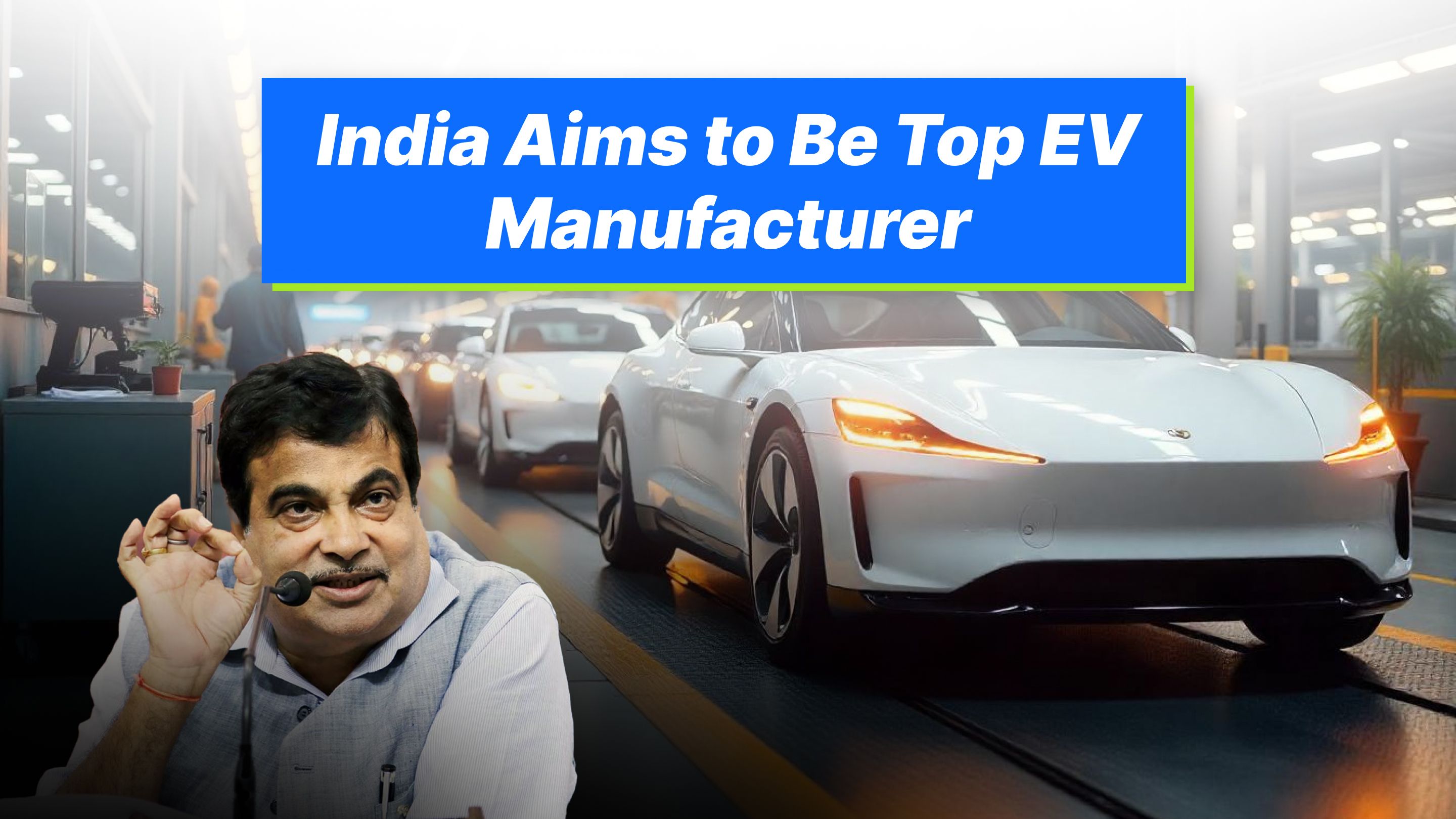In a bold declaration of intent, Union Minister Nitin Gadkari has announced India’s ambition to become the world’s leading manufacturer of electric vehicles (EVs) within the next five years. Speaking at the launch of an electric cycle on Monday, the minister emphasized the country’s rapid strides in the EV sector and laid out a vision for a future powered by alternative fuels.
“When our government came to power in 2014, I spoke about electric-powered vehicles. At that time, no one believed it, but today it’s a reality,” Gadkari said. His statement reflects a dramatic shift in both market sentiment and industry investment toward sustainable mobility solutions.
India’s auto industry on the rise
The Indian automobile sector has seen remarkable growth, rising from a valuation of ₹14 lakh crore in 2014 to ₹22 lakh crore today. This surge has propelled India past Japan to become the third-largest automobile market globally, trailing only the United States and China.
“Now, we are aiming to be the number one manufacturer of electric-powered vehicles in the world by 2030,” Gadkari declared, highlighting the government’s continued focus on green mobility and clean energy solutions.
Lower battery costs, higher EV adoption
One of the key drivers of this transformation, according to Gadkari, is the declining cost of lithium-ion batteries. As prices drop and innovation in battery technology continues, electric vehicles—especially e-cycles—are becoming increasingly accessible to Indian consumers.
Gadkari noted that some domestic manufacturers are already exporting up to 50% of their EV production, signaling robust international demand for Indian-made electric vehicles.
Infrastructure and alternative fuel push
To support this EV revolution, the government is also looking at strengthening infrastructure. Gadkari mentioned the development of dedicated cycle tracks and other measures to encourage clean transportation alternatives.
He also highlighted India’s pressing need to reduce its dependence on fossil fuels, which currently cost the country around ₹22 lakh crore annually in imports. The government is actively investing in alternative fuels such as bio-CNG, bitumen, and aviation fuel made from agricultural waste.
Approximately 400 pollution-reduction projects are underway to convert agri-waste into usable fuel, with the broader goal of transforming India into an energy-exporting nation.
A greener, more self-reliant future
With its sights set firmly on a leadership role in the global EV landscape, India is poised for a sustainable mobility revolution. As battery technology improves, infrastructure scales up, and alternative fuels gain traction, Gadkari’s vision of India as the world’s top EV manufacturer by 2030 may not be far-fetched after all.


